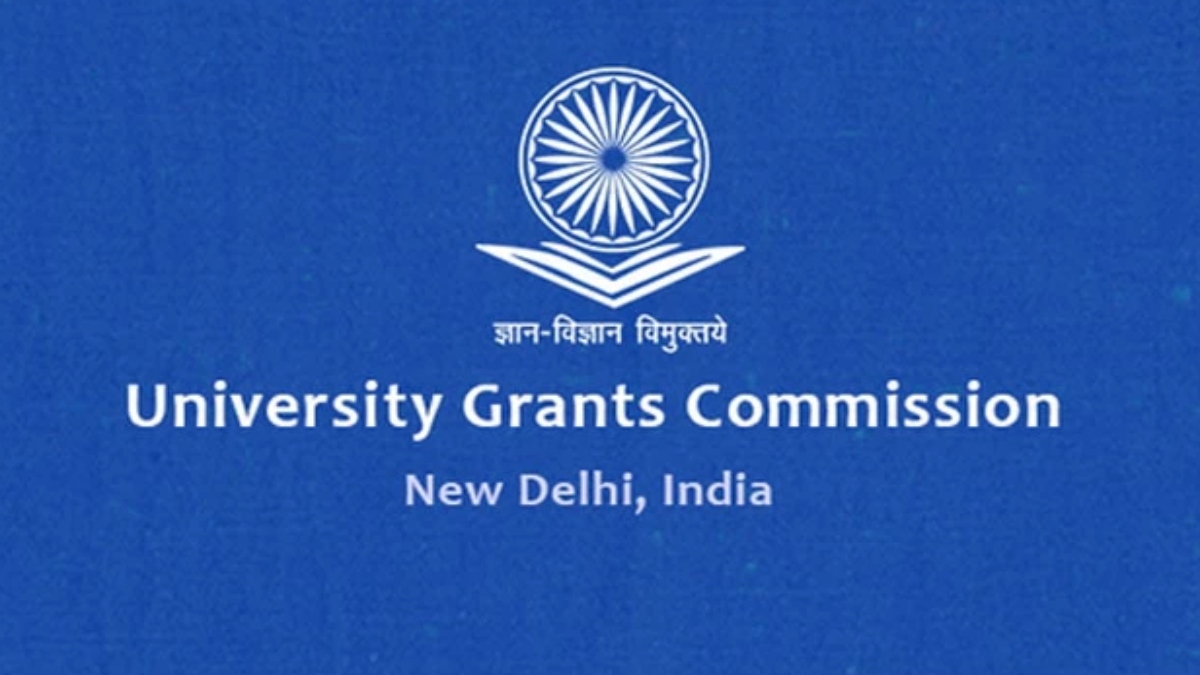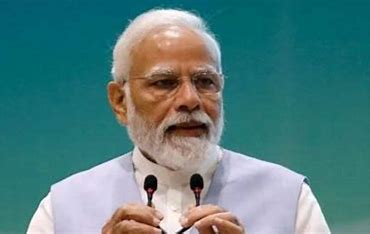
The University Grants Commission (UGC), the statutory body charged with coordination, determination and maintenance of standards of higher education in India, had recommended that all higher education institutions should offer a compulsory course in community engagement for students of undergraduate and postgraduate courses.
The idea behind that is students will understand culture, traditions, lifestyles and causes for poverty faced by vulnerable households of the country during their study.
These recommendations came in the University Grants Commission’s (UGC) revised draft named ‘Fostering social responsibility and community engagement in higher education institutions (HEIs) in India’. It is said to be part of the implementation process of the National Education Policy (NEP), 2020.
The draft guidelines reads: “The committee had recommended that each higher education institution (HEI) should conduct a compulsory course to provide community engagement to all undergraduate and postgraduate students so that their appreciation of rural field realities is holistic, respectful and inspiring.”
It further adds, “These courses will enable students to learn about challenges faced by various sections of the society and help in developing the understanding of local wisdom and lifestyles in a respectful manner.”
The draft recommendation suggests that the community engagement course should be a two-credit course for a duration of 30 hours, and at least 50 percent time should be devoted for field work.
For the field work, the draft recommendation suggests that interaction with women members of self-help groups (SHGs), visit to Mahatma Gandhi National Rural Employment Guarantee Scheme (MGNREGS) project sites, visit state government sites, rural primary, middle and high schools/ mid-day meal centres, participate in gram sabha (village council) meetings, visit to local nagarpalika (municipal) office and anganwadi (child care) centers, among others.















